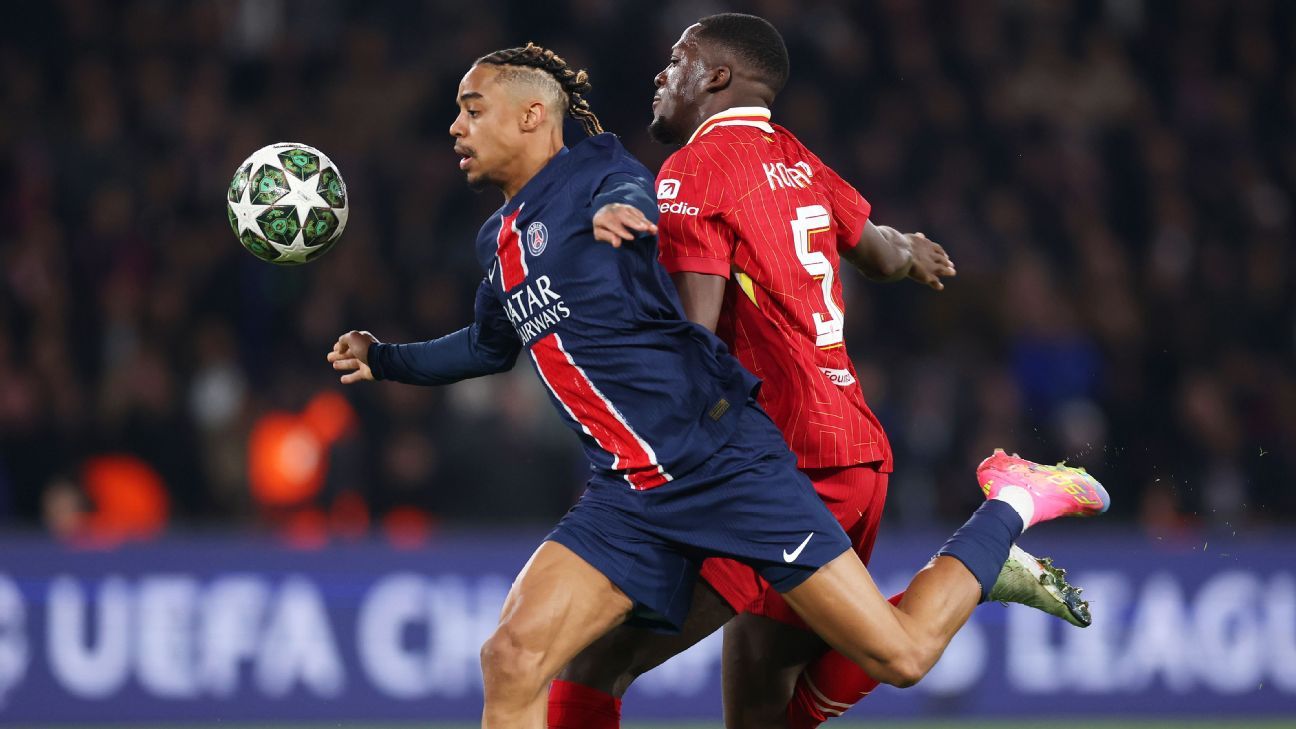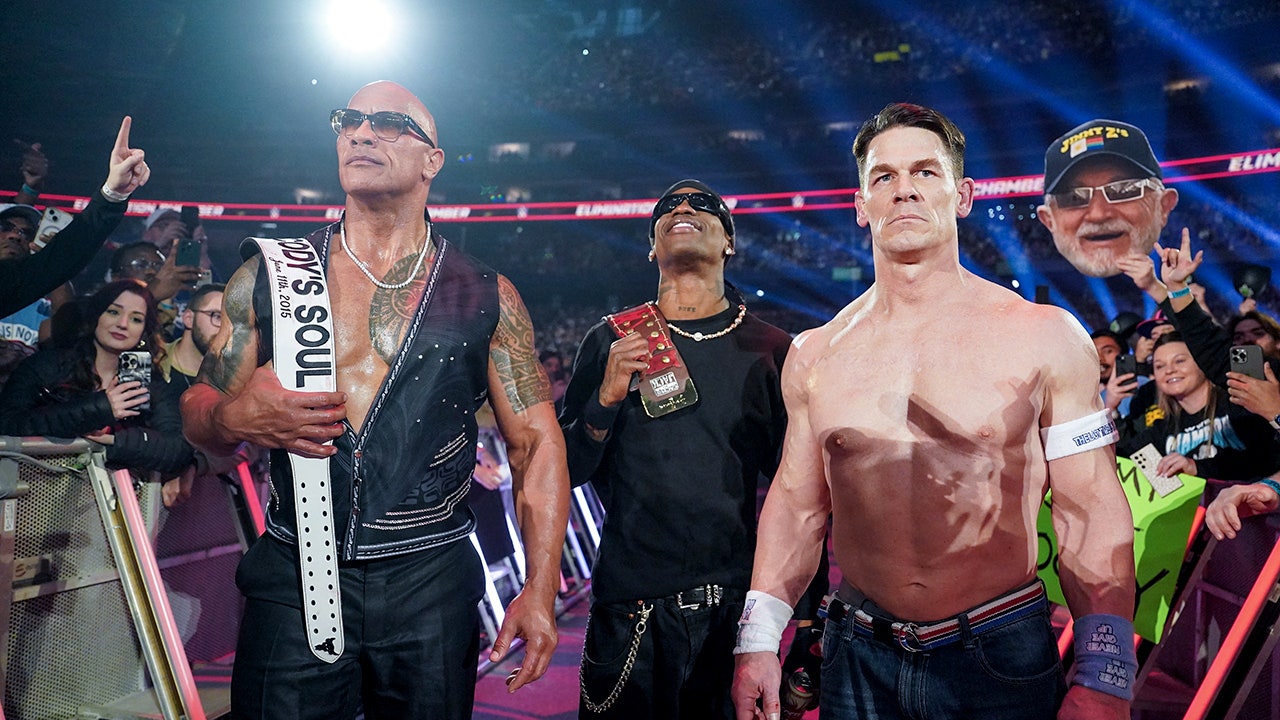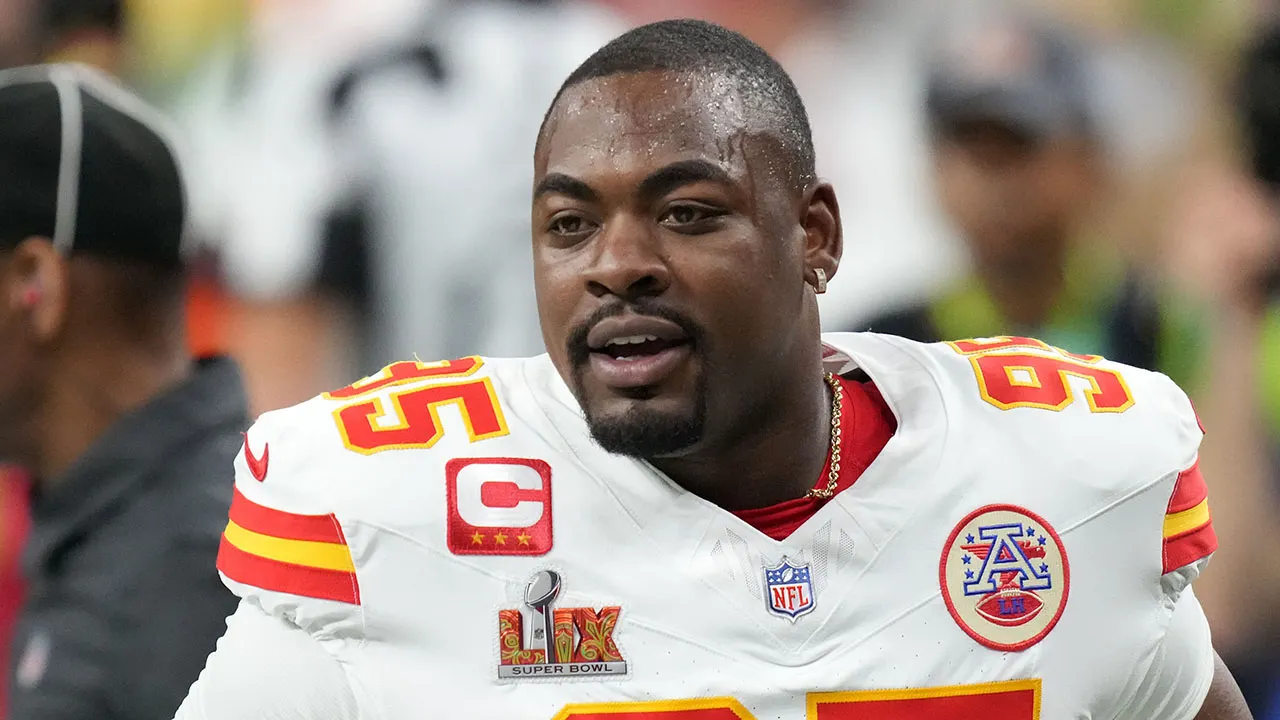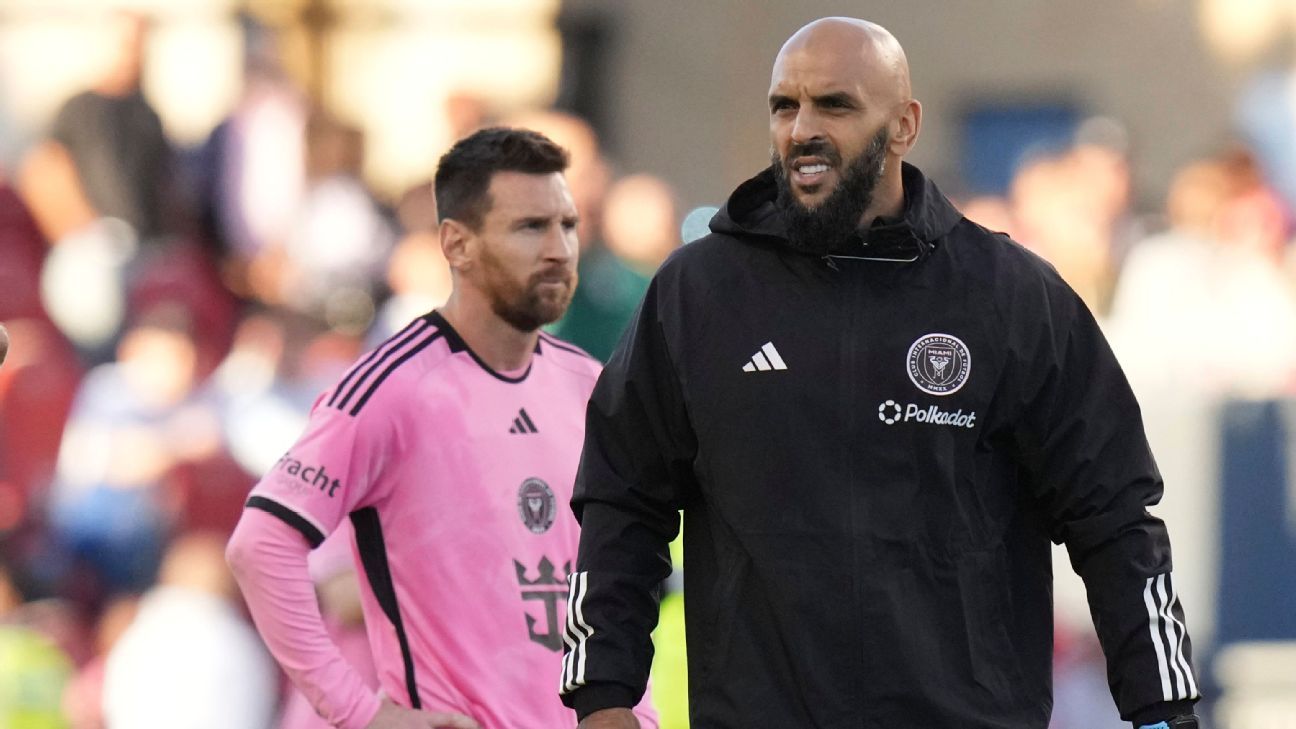Tensions Rise: Luis Campos’ Outburst Over Referee Decisions in PSG vs. Liverpool Clash
In a high-stakes match that had fans on the edge of their seats, Paris Saint-Germain (PSG) faced off against Liverpool in a gripping encounter that showcased the intensity of European football. However, it wasn’t just the players who felt the heat; PSG’s sporting director, Luis Campos, found himself in the spotlight due to his vehement criticism of the officiating, particularly surrounding a contentious incident involving Liverpool’s Ibrahima Konaté. This incident has sparked discussions about the pressures and expectations that come with officiating in high-profile matches.
Context of the Clash
The clash between PSG and Liverpool was not just another fixture; it was a crucial match in the UEFA Champions League, where both teams were vying for a top spot in their group. The stakes were incredibly high, and the atmosphere was electric, with both sets of fans passionately supporting their teams. PSG, known for their star-studded lineup, faced a resilient Liverpool side that has historically been a powerhouse in European football.
As the match unfolded, it became clear that the officiating would play a significant role in determining the outcome. The referee, tasked with the difficult job of maintaining order and fairness, was under immense scrutiny from both players and fans alike. However, it was Campos’ outspoken reaction to a pivotal moment that captured the attention of the footballing world.
The Controversial Incident
During the second half, a contentious challenge involving Ibrahima Konaté drew the ire of PSG’s hierarchy. The incident occurred when Konaté appeared to make contact with a PSG player in the penalty area, leading to immediate appeals for a penalty from the PSG players and coaching staff. However, the referee waved away the appeals, a decision that prompted a furious response from Campos, who felt that the call was emblematic of a broader issue in officiating at high-pressure matches.
Campos was seen animatedly discussing the incident with match officials, expressing his frustration over what he perceived as a lack of consistency in decision-making. His outburst was not just a spontaneous reaction; it was a culmination of the mounting pressures that come with managing a team of such high caliber and expectations.
The Implications of Referee Decisions
Referee decisions in football can often make or break a game, especially in crucial matches like this one. The impact of a penalty call—or lack thereof—can reverberate beyond the match itself, influencing team morale, fan sentiment, and even future performances. For Campos, the incident highlights several key points:
- Accountability: There is a growing demand for referees to be held accountable for their decisions, especially in high-stakes matches. Fans and clubs alike want transparency in the officiating process.
- Consistency: Referees are human and can make mistakes, but there is an expectation that similar incidents are judged consistently throughout a match and across the league.
- Pressure on Officials: The pressure on referees is immense, with the weight of expectations from clubs, players, and fans. The scrutiny they face can lead to mistakes, as they are only human.
Campos’ Reaction: A Reflection of Broader Issues
Campos’ outburst was not an isolated incident but rather a reflection of the growing frustrations among clubs regarding officiating standards. In recent years, there has been a significant increase in discussions surrounding VAR (Video Assistant Referee) and its effectiveness in supporting referees. While VAR was introduced to reduce errors, its implementation has often been met with mixed reviews.
Many argue that VAR has added another layer of complexity to officiating, leading to longer delays and further confusion. Campos’ reaction may signal a need for a reassessment of how officiating is managed in high-stakes matches. The football community is increasingly calling for a more streamlined process that minimizes disruptions while ensuring fair play.
The Role of Pressure in Football
Pressure is an inherent part of football, especially at the elite level. Managers, players, and officials all operate under a microscope, where every decision can be analyzed and critiqued. For Campos, as PSG’s sporting director, the pressure to deliver results is magnified. The expectations from fans, club owners, and the media can create an environment where emotions run high.
In such a charged atmosphere, it is understandable that Campos would react strongly to what he perceived as a crucial error in officiating. His passion for the game and his commitment to PSG illustrate the emotional investment that comes with leading a top club. However, it also raises questions about how such outbursts can affect team dynamics and public perception.
Looking Forward: Constructive Dialogues and Solutions
While Campos’ reaction was intense, it opens the door for constructive dialogues about officiating in football. Here are some potential pathways forward:
- Enhanced Training for Referees: Ongoing education and training programs can help improve the consistency and quality of officiating, equipping referees with the tools they need to handle high-pressure situations.
- Clearer Communication: Establishing better communication protocols between referees, players, and coaches can help mitigate misunderstandings and foster a more respectful environment.
- Fan Engagement: Involving fans in discussions about officiating standards can help bridge the gap between the football community and the officials, promoting a better understanding of the challenges faced.
Conclusion
The clash between PSG and Liverpool was not just a battle on the pitch; it was a microcosm of the challenges facing modern football. Luis Campos’ outburst over referee decisions highlights the intense pressures within the sport, where every decision can lead to a cascade of reactions. As the football community grapples with these issues, it is crucial to foster an environment of understanding and improvement. Only through dialogue and collaboration can the sport move forward, ensuring that the beautiful game remains fair, competitive, and enjoyable for everyone involved.
See more Sky News Portal



